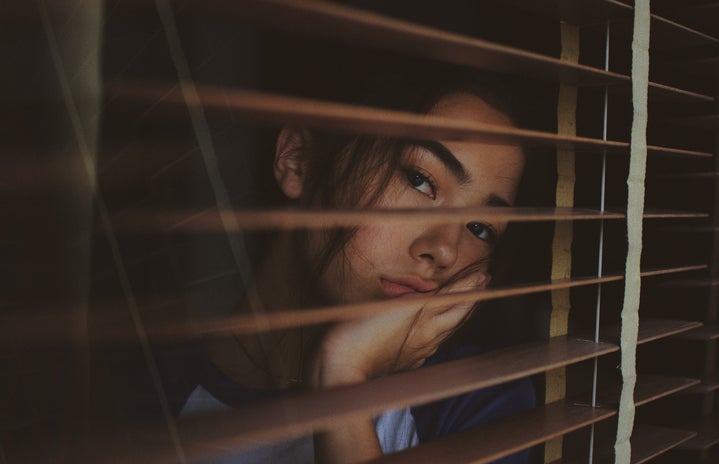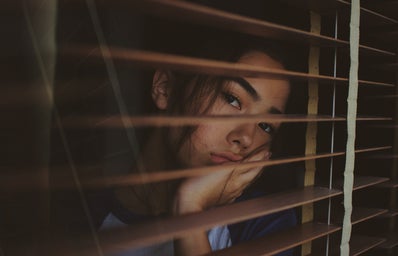Around this same time last year, I wrote a piece on my experience with therapy and how I dealt with mental health issues that I was facing in my day to day life. When I did write that piece, the pandemic had not yet started and little did I know, as well as the rest of the world, that the year ahead and beyond was going to be incredibly challenging for a number of different reasons. Life is without a doubt crazy right now. To-do lists and expectations you put on yourself and that others may put on you can start to add up, distracting you from what is really important. Now more than ever this is something to keep in mind, burnout is real and you have to know your limits.


There is not just one right way to cope with declining or fatigued mental health. Every person has their own way of processing things that happen to them, both good and bad. An important thing to do is to put yourself first and know when you have had enough, it is good to practice the art of saying “no” when you have reached your capacity and mental, emotional and physical fatigue have set in. Mental health is just as important as physical health, just like you may make a physical goal to get your steps in every day, try also making a goal to work toward each day to care for your mental health.
Yes, the times we are living in right now have made things exceptionally more difficult, but even when this does pass, and it will, some of the daily stressors and anxiety will still be there. So, my advice for you is to make an effort now to change something in your life for the better that will ultimately benefit your overall mental health and well-being.



